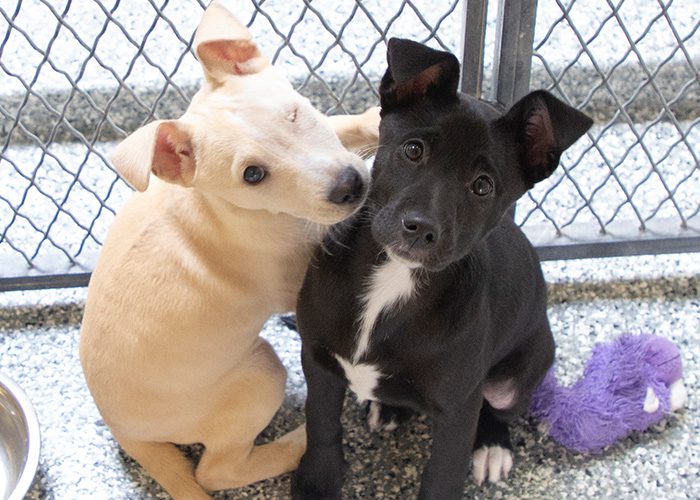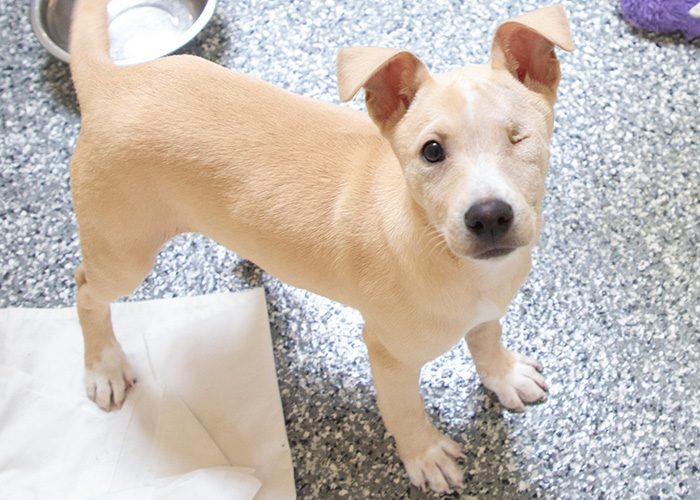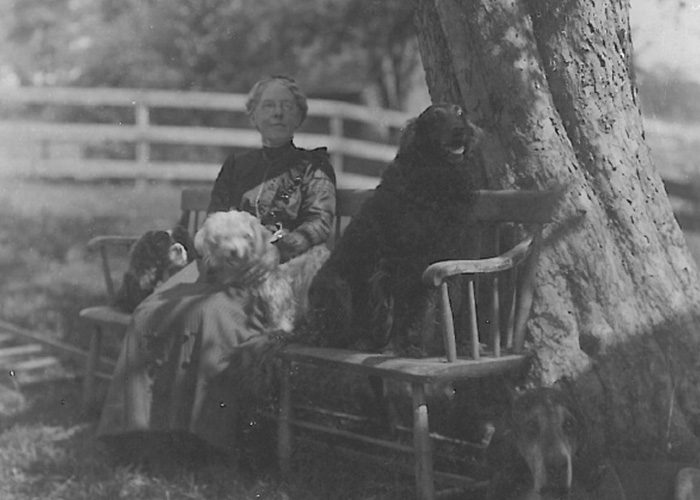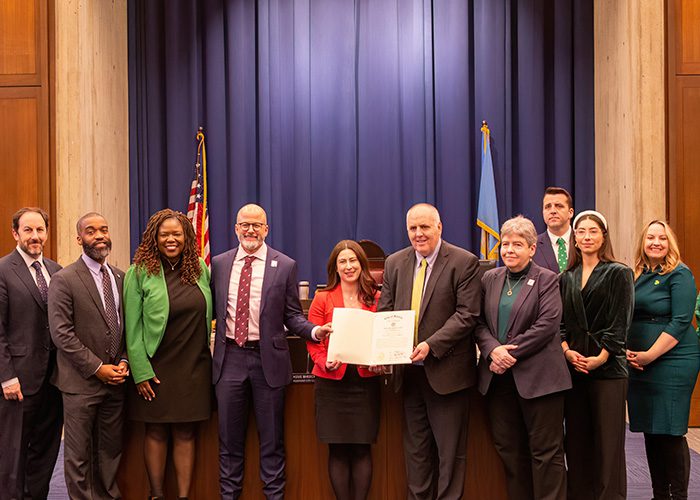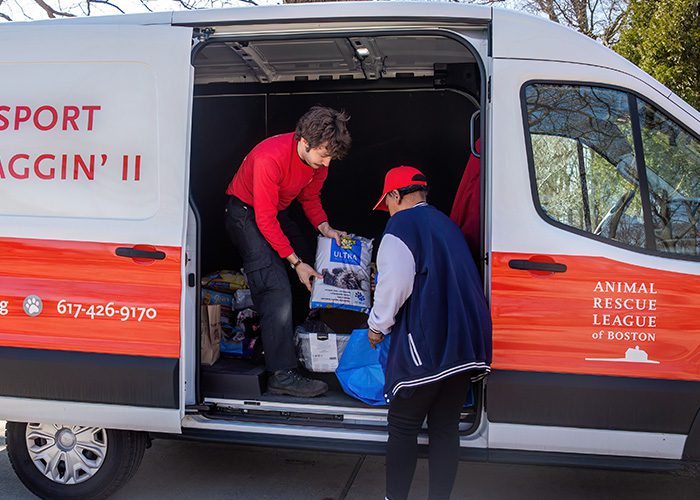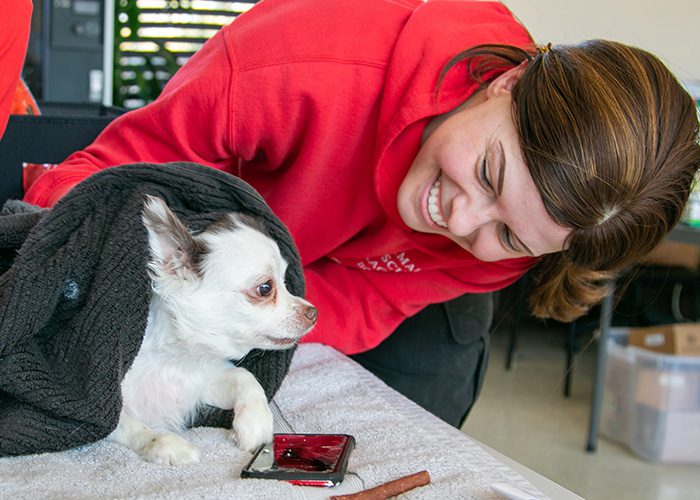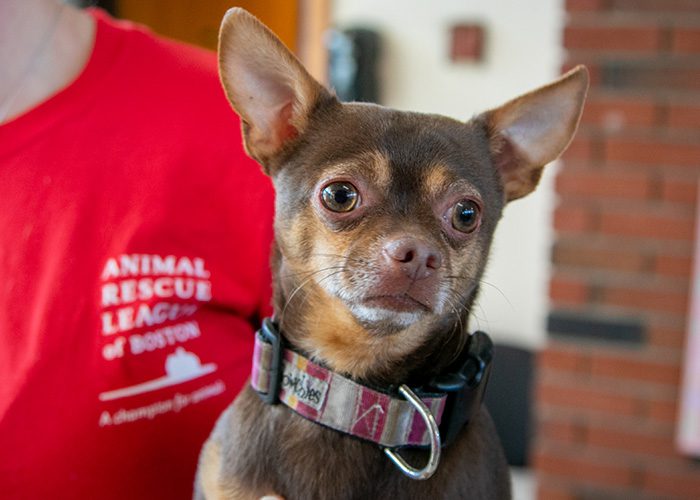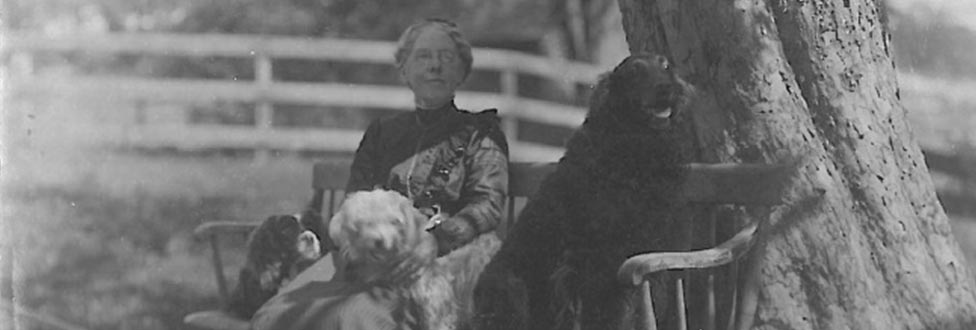ARL Caring for Injured, Abandoned Rabbits
Abandoned rabbits found Easter weekend
The Animal Rescue League of Boston (ARL) is currently caring for four injured, and abandoned rabbits that were found in a Northborough, MA, neighborhood on Easter weekend.
The rabbits, all estimated to be about a year old, were discovered on Easter weekend on Shady Lane in Northborough, MA, and initially taken in by a wildlife rehabilitator.
Northborough Animal Control contacted ARL seeking assistance with the animals, and the four rabbits were transported to ARL’s Boston Animal Care and Adoption Center.
Several of the rabbits were found with healing wounds, and while it’s unknown how the rabbits ended up on their own, ARL reminds the public that abandoning an animal is never an option.
Not only is abandoning an animal in Massachusetts illegal, but it can endanger the lives of the animals involved.
Domesticated animals like these rabbits cannot survive on their own in the wild.
If you are unable to care for an animal, you are urged to contact local animal control or an organization like ARL to facilitate surrender.
ARL understands that pet ownership can be difficult, and all three ARL Animal Care and Adoption Centers offer a compassionate, judgement-free environment to answer any and all questions and ensure that surrender is the best option for both the animals involved and their caretaker.
These rabbits are incredibly friendly and once their stray period is over they will be made available for adoption.











